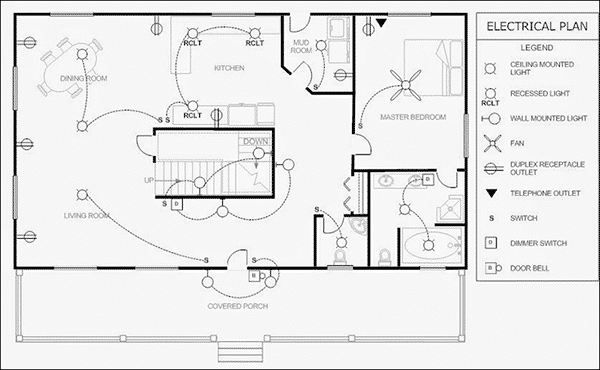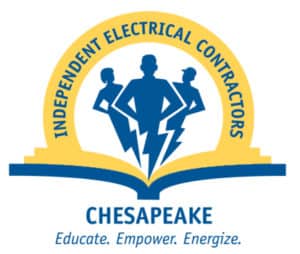Defining the words career and job can lead to interesting conversation- and not just among younger people. You could be in your thirties, working at a job you never intended to make a career out of, but find yourself treading water.

Indeed’s website smartly includes strong definitions of both words:
“A job is work you perform to earn money to support your basic needs. It can be full-time or part-time and may be short-term. You might earn an hourly wage or a set paycheck rather than a salary with benefits. You might need to learn certain skills connected with that role, but not all jobs require a specialized degree or advanced training.” …
“A career is a long-term professional journey you may determine based on your passions. It is the path you embark upon to fulfill your professional goals and ambitions. You may require a certain level of education or training to achieve these goals. Individuals pursuing careers often have set salaries with benefits such as stock options, retirement plans, pensions and bonuses. They also gain benefits beyond money, such as personal pride, work satisfaction and self-worth.” See
Let’s be crystal clear- a JOB is a good thing. In no way do we want to give the impression that working at any job- any honest work- is something to be ashamed of. However, taking a close look at the definition above, a job is work performed in order to meet basic needs; rent, gasoline, groceries. A job is certainly important and helpful- but is your job your “end game”?
Sometimes a job is what we do to get by while in pursuit of something else altogether; an example might be waiting tables while attending school. Sometimes a job is a stepping stone into the arena you think you might want to pursue as a career. An example might be working full time in a retail environment and applying for their in house management program.
IECC has always had two distinct categories of prospect students, but the extreme job loss situation our country finds itself in at present has shifted the ground beneath our feet.
Here are tried and true things to identify if you’re considering changing up a job for a career:
· Identify your interests. You’ll be doing this- whatever it is- for a long while.
· Identify strengths you may need to achieve this.
· Identify skill sets needed and any skills “gap” you may have.
· Identify how and where to build your career skill set “muscle”. What kind of education you need, its costs, and how to put yourself in the arena.
· Identify if you are ready to accept feedback, adjust, and move forward.
If you are starting out on your career search, or if the current economic downturns have put you in a place where you need to restart- consider the electrical trade.
Apprenticeships are “earn while you learn” educations. You work full time and attend school two nights a week; or self- paced if you choose E Apprenticeship.
IEC Chesapeake offers a number of electrical circuits; training that can introduce you to electrical apprenticeship, telecom technician apprenticeship, or to electrical distribution opportunities. This is the Pre-Apprenticeship Circuit: visit us here
If you already know you’re interested in either the four year electrical apprenticeship, or three year telecom technician apprenticeship, you can apply now for 2021. For the Apprenticeship Circuits, see: visit here
Want to speak with a human being? We can do that too:
Work Force Development/ Pre Apprenticeship Sharon Burley [email protected]
Education Department/ Student Coordinator Ed Hersl [email protected]
#whatsurcircuit #gogetthatelectricalcareer #timetopivot
Jenny Boone
Business Development, IEC Chesapeake/IECC

